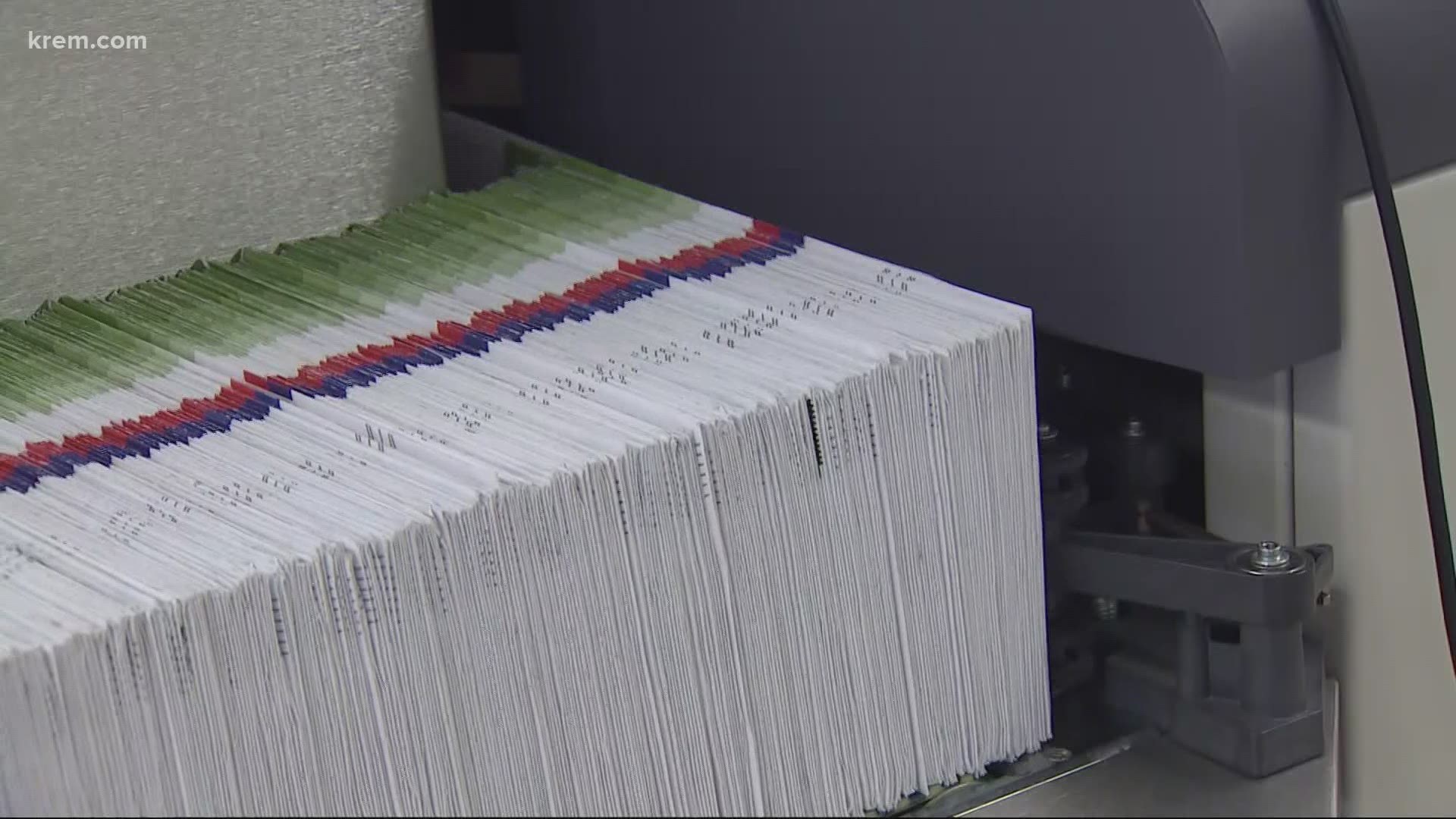SPOKANE, Wash — Ballots for the February 9 special election are due Tuesday. In Spokane County, 13 of 14 school districts have levies up for a vote.
But why are the levies being voted on in February? Why not November like everything else?
District leaders say it's to avoid getting the issue bogged down in the chaos and politics of a full election cycle.
"We know that during a general election, when there are a variety of different ballot initiatives and political offices that are on the ballot, that there's lots of information out there," said Spokane Public Schools Superintendent Adam Swinyard. "People only have so much time to read through and to make sure that they're informed, and our levy and funding model, it can be really complicated."
Another possible benefit of a February election include avoiding having the levy issue get somehow tied to more controversial issues or candidates, sparking opposition that might not otherwise exist.
A third potential reason: turnout in special elections is typically relatively low. Only the most civically engaged voters usually participate, and they have a history of supporting levies; SPS hasn't had a levy fail in decades.
Turnout rates in Spokane County usually range between 30 to 40 percent for February elections, and somewhere between 35 and 40 percent is expected this year, according to Vicky Dalton, the county's elections chief.
Dalton also told KREM that the turnout could see a boost this year, because it's the first time a February election has had free included postage in Washington.
Having the government pay for postage means the election will also cost the county a bit more; Dalton estimates it will cost roughly $500,000.
School levies aren't the only type of measure that are often voted on in February, though they are by far the most common. Other levies, such as for fire districts, often occur during special elections, as do some city propositions.

